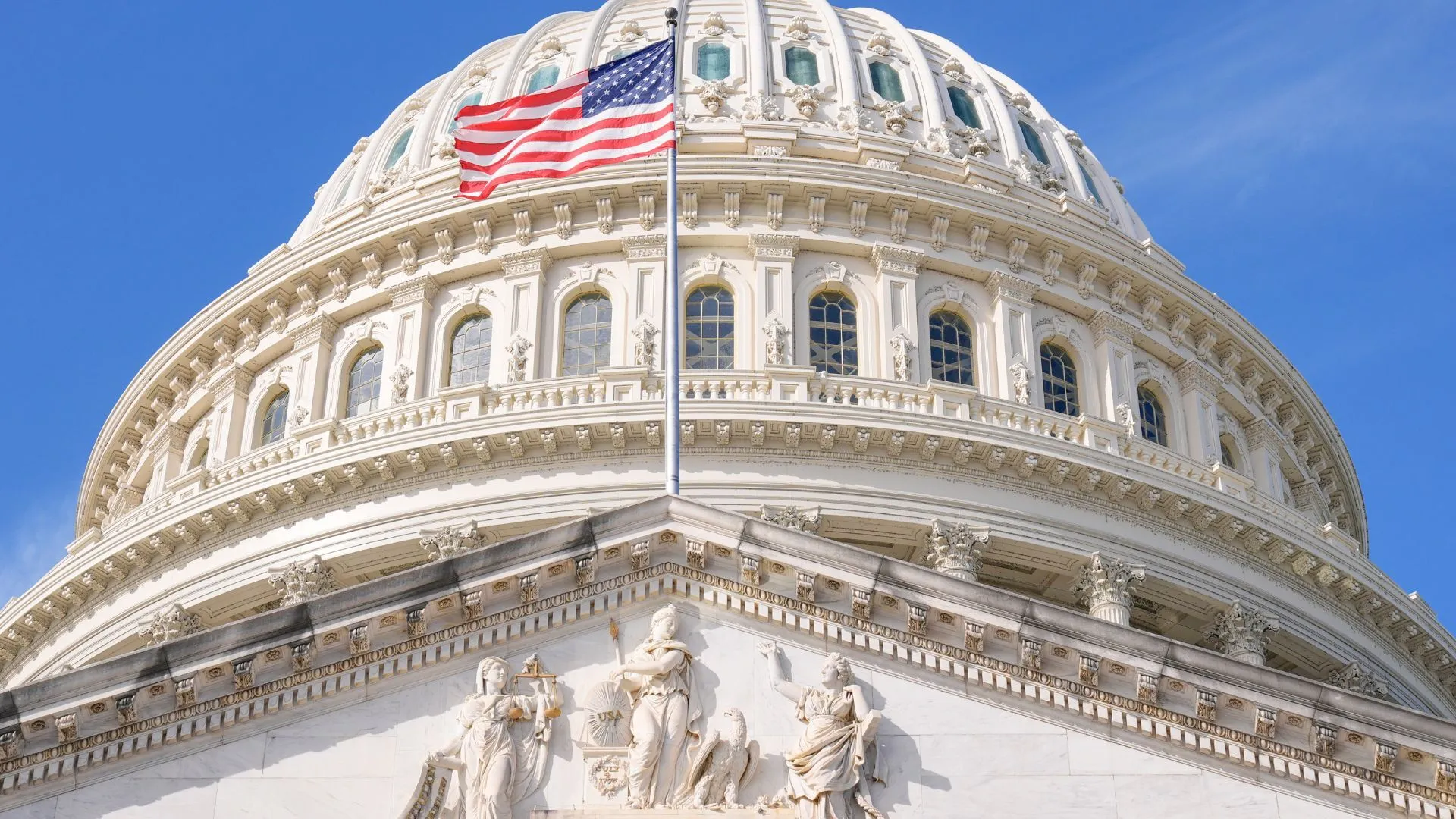How can the US government shutdown be brought to an end? | Government
The poor are suffering the most as the political stalemate continues.
There is no end in sight to the United States government shutdown.
At least 1.4 million workers are going without pay, while some people on federal aid are worrying about how they will get their next meal.
Recommended Stories
list of 3 itemsend of list
How can the standoff between Republicans and Democrats be resolved, and what will happen if it goes on?
Presenter:
Adrian Finighan
Guests:
Marena Lin – Co-founder of Project Restore Us, a volunteer-led organisation that supports communities facing food insecurity in Los Angeles
Niall Stanage – White House columnist for The Hill newspaper and digital media company in Washington, DC
Chris Tilly – Economist and professor at the University of California, Los Angeles
Published On 2 Nov 2025
